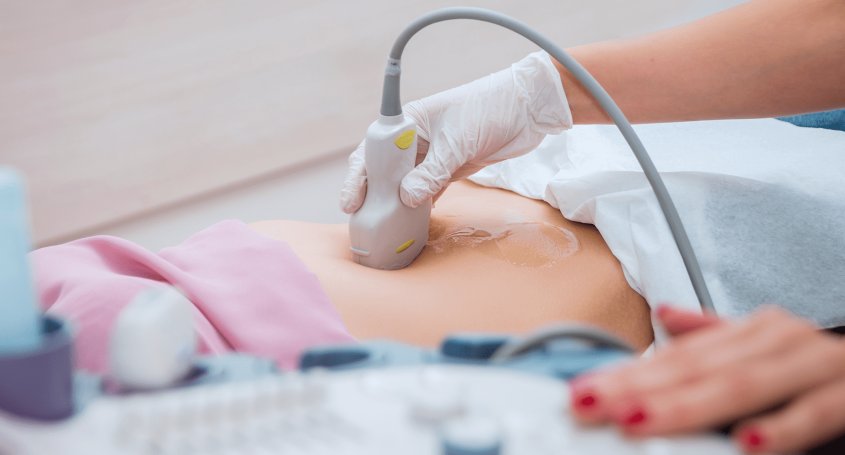
The spermatozoids placed in the woman’s vagina, climb up the
uterus and through the tubes in order to fertilize the egg. This new created embryo returns to the uterus where the pregnancy will take place. And so the miracle of life begins.
Uterus: can it be surrogate?
Even if a woman has no ovaries or her tubes are blocked she still can be a mother. Even if the spermatozoids of a man are not good, he still can be a father. But without a uterus it is
illegal to have a biological family in our surroundings.
Legal Framework
This situation is settled by legal regulation.
The Spanish Civil Code establishes since 1889, that the woman who gives birth to the child is the one considered to be the mother. It is surprising that in modern times, where the traditional concept of family is being reshaped, a rule created in the 19th Century, is still preventing some individuals and couples (and I’m using these concept in a most neutral sense) from having biological children without a birth being involved.
This situation affects not only women experiencing
problems with their uterus, but also those groups that have been granted the capacity to start a family through adoption, homosexual couples formed by men or single men who want to start a family on their own. In the last 126 years the legal situation has reduced the problem to the fact of having or not having a uterus when wanting to have children. Not even the biological fact is valid to justify this, considering that a woman in her menopause can be a mother, against her biological possibilities, through an
Egg Donation Treatment.
Surrogacy
It is true that surrogacy is a
complicated subject that implies important ethic and legal matters. Spain has been traditionally the first in regulating such controversial issues.
It is vital to protect the surrogate mother from economic exploitation and absolutely necessary to set out all obligations of the surrogate in relation to the parents. Is it complicated? Yes, it is. Is it impossible? No it isn’t.
I would also like to point out that surrogacy has much more to it than those women that are busy with their professional life or focused on their looks and still wanting to have children. It is in fact a
medical treatment. Therefore the best would be to regulate this in order to grant the possibility to become parents to those people who cannot be it any other way, and forbid it for women trying to be a mother avoiding to use their own body.
 The spermatozoids placed in the woman’s vagina, climb up the uterus and through the tubes in order to fertilize the egg. This new created embryo returns to the uterus where the pregnancy will take place. And so the miracle of life begins.
The spermatozoids placed in the woman’s vagina, climb up the uterus and through the tubes in order to fertilize the egg. This new created embryo returns to the uterus where the pregnancy will take place. And so the miracle of life begins.
 The spermatozoids placed in the woman’s vagina, climb up the uterus and through the tubes in order to fertilize the egg. This new created embryo returns to the uterus where the pregnancy will take place. And so the miracle of life begins.
The spermatozoids placed in the woman’s vagina, climb up the uterus and through the tubes in order to fertilize the egg. This new created embryo returns to the uterus where the pregnancy will take place. And so the miracle of life begins.

















